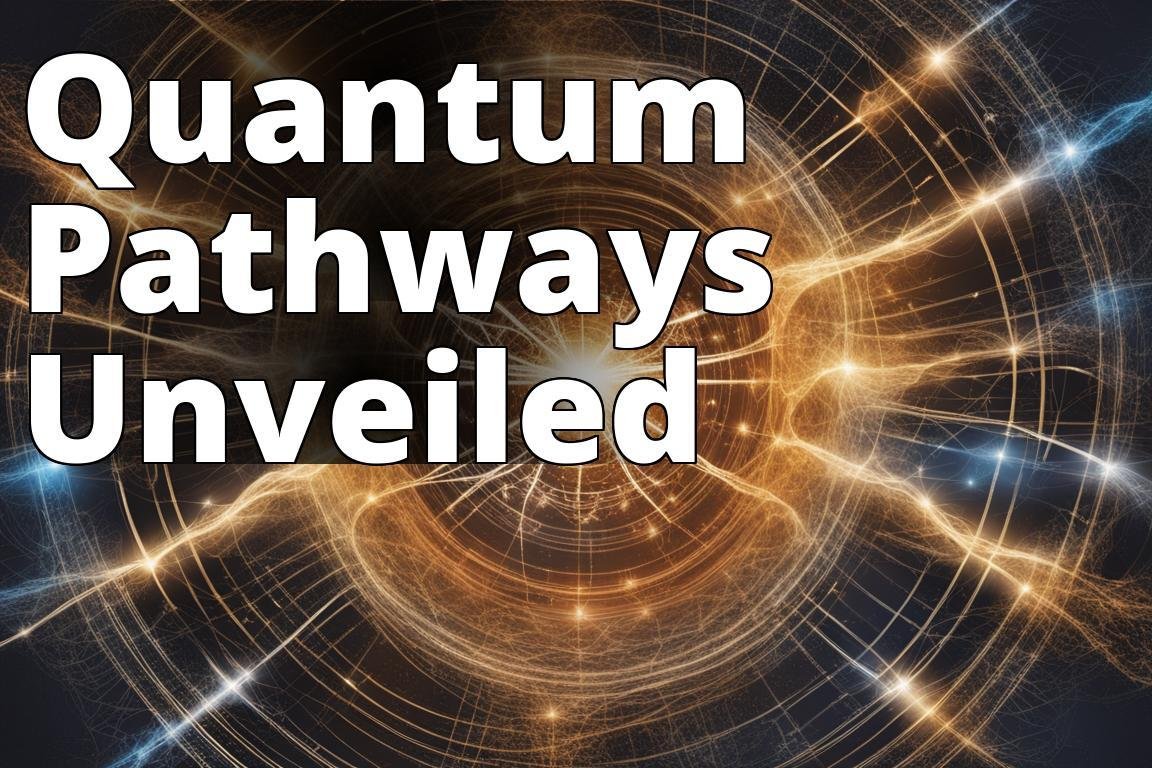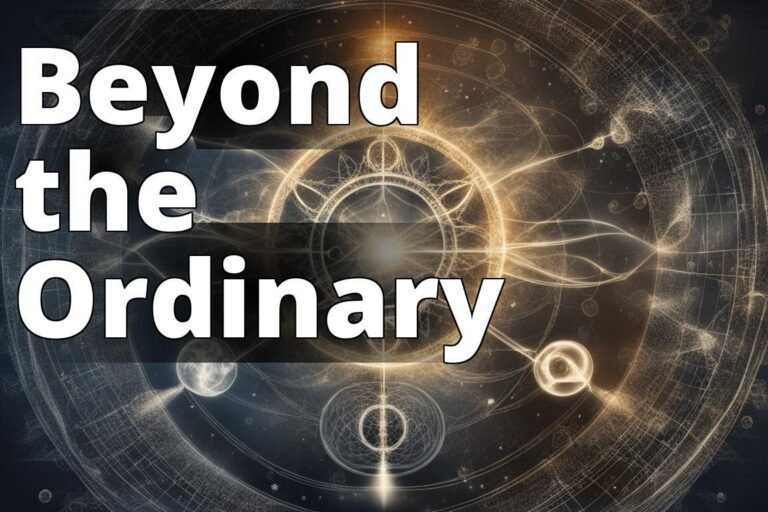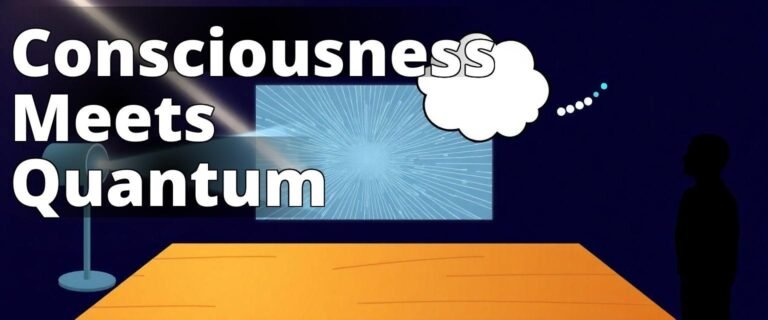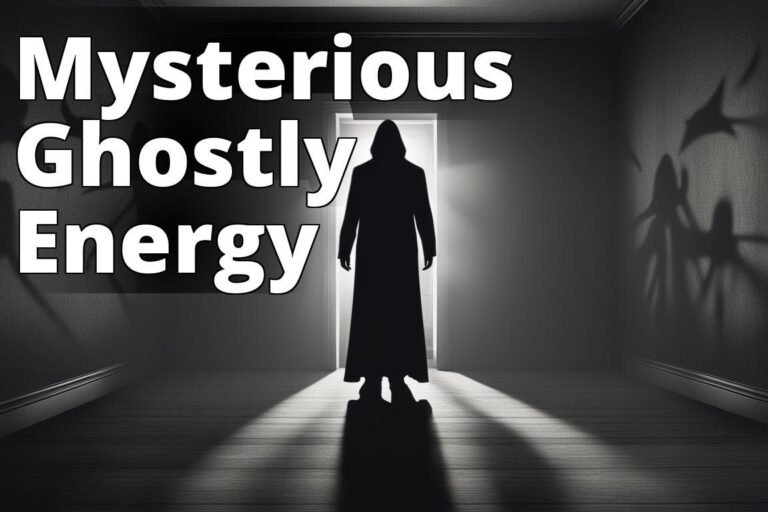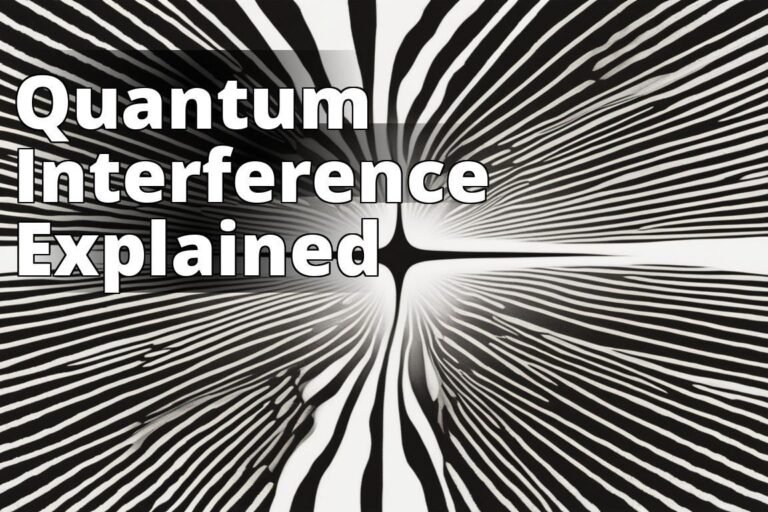Quantum Physics and the Supernatural
Have you ever found yourself pondering whether the realms of the supernatural and the scientific can coexist? You’re not alone. In the ever-evolving narrative of human understanding, quantum physics emerges as a bridge between the tangible and the intangible, the seen and the unseen. It’s here, in the subatomic gatherings and quantum states, that we find compelling evidence suggesting our minds might have more influence on matter than we ever dared to imagine.
Learn how quantum physics interacts with supernatural concepts
- We influence matter through quantum states.
- Our minds, intentions, prayers, and emotions affect the quantum realm.
- Concepts like love, kindness, and joy can impact the quantum field.
Quantum Physics and the Mind
The relationship between quantum physics and the mind is nothing short of fascinating. Consider for a moment the double-slit experiment, a cornerstone of quantum mechanics. This experiment illustrates how light and matter can display characteristics of both waves and particles, and how observation can influence the outcome. It’s a startling revelation that our mere observation can alter the state of matter at the quantum level.

Insider Tip: Renowned physicist John Wheeler once said, “No phenomenon is a real phenomenon until it is an observed phenomenon.” This underscores the profound impact our consciousness may have on the physical world.
Our thoughts, intentions, and focus could, theoretically, influence the quantum field, leading to tangible changes in our reality. Personal experiences, where focusing on positive outcomes led to their manifestation, might not be mere coincidences but instances of this quantum effect in action.
Quantum Physics and the Paranormal
Delving into the paranormal, quantum physics provides a theoretical foundation for phenomena often dismissed by traditional science. The concept of entanglement, where two particles remain connected regardless of the distance separating them, mirrors anecdotes of telepathy or the feeling of being connected to someone far away.
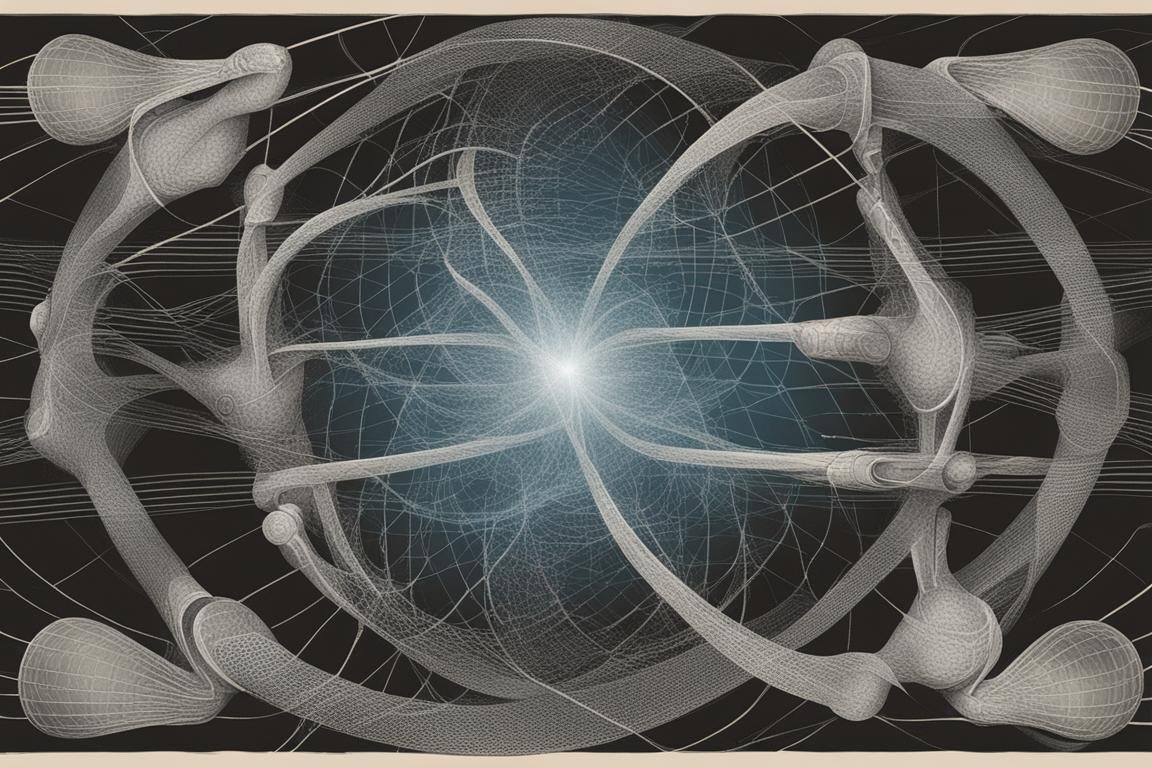
Paranormal experiences, previously relegated to the fringes, gain a new perspective through the quantum lens. The idea that our consciousness can interact with the quantum field suggests a scientific basis for psychic phenomena, offering a bridge between skepticism and belief.
Quantum Physics and the Afterlife
The question of the afterlife, a subject of much speculation and debate, finds an intriguing ally in quantum physics. The law of conservation of energy, stating that energy cannot be created or destroyed, only transformed, hints at the possibility of consciousness surviving beyond physical death. If our consciousness operates at the quantum level, could it transition to another state, another form of existence, post-mortem?

This quantum perspective doesn’t provide definitive proof of the afterlife, but it opens the door to a scientific exploration of what has been, until now, a purely philosophical or religious debate.
Quantum Physics and God
The intersection of quantum physics and the concept of a higher power or God is both profound and controversial. The fine-tuning of the universe, with its inexplicably precise constants that allow for life, often leads to awe and the contemplation of a grand designer. Quantum mechanics, with its inherent uncertainty and potentiality, might suggest a canvas on which a divine intelligence operates.
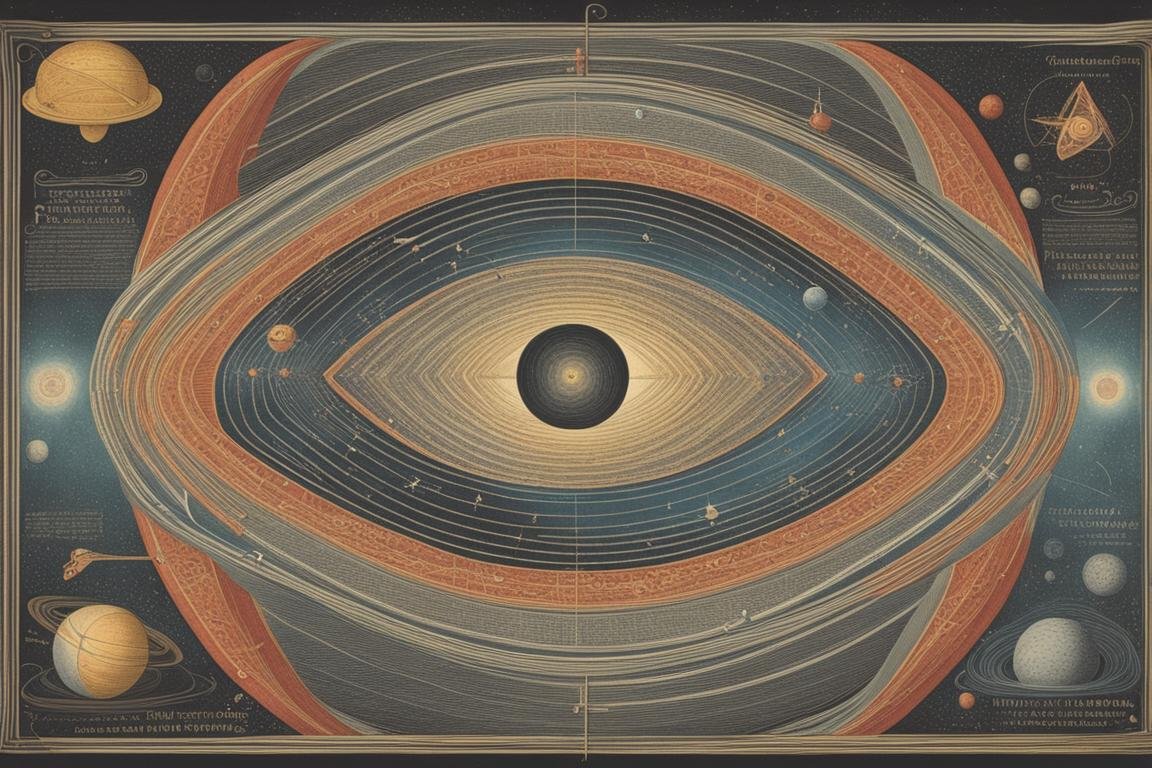
While not a direct endorsement of any specific deity, quantum physics invites us to consider the possibility of an organizing consciousness or force, a notion that aligns with many spiritual beliefs.
Quantum Physics and the Bible
The Bible, with its rich tapestry of stories and teachings, might not be the first place one would look for parallels with quantum physics. However, the concept of faith as a substance, as mentioned in Hebrews 11:1, echoes the idea that our beliefs and intentions can influence reality. The biblical narrative of creation, viewed through the quantum lens, suggests a universe called into being by the Worda concept not entirely dissimilar to the role of observation in quantum mechanics.
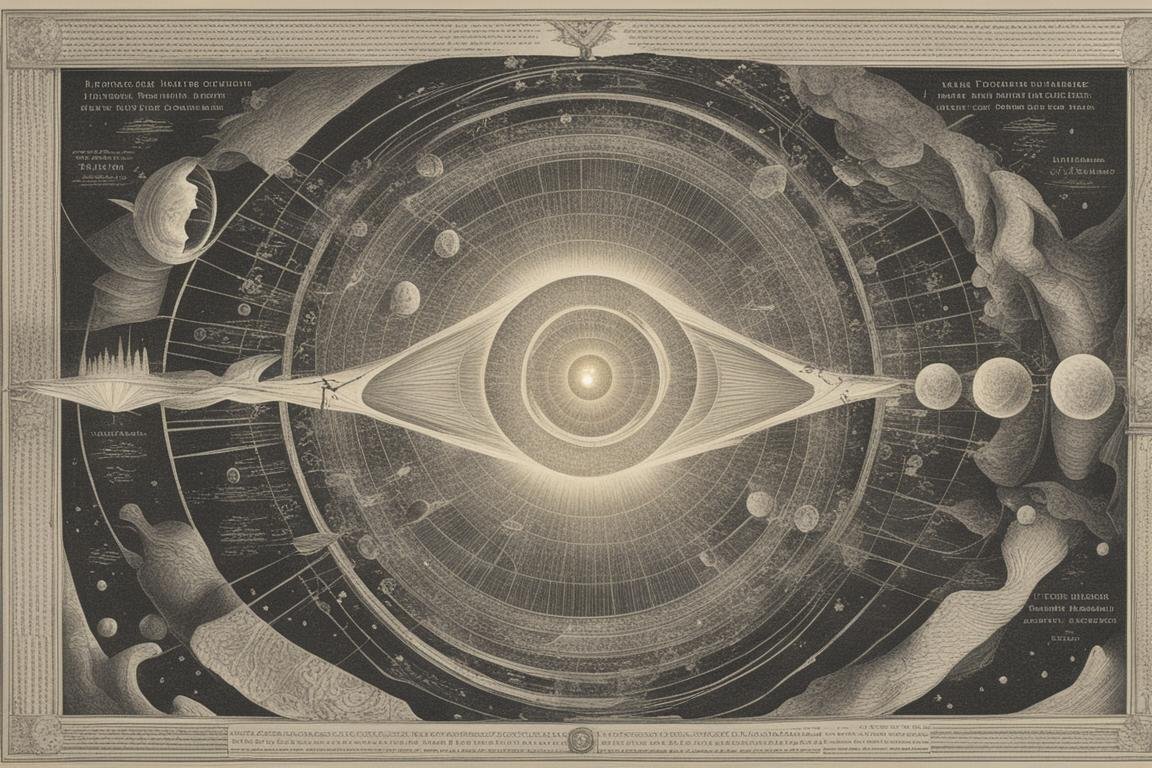
This intersection of quantum physics and biblical teachings doesn’t seek to prove or disprove religious texts but rather to highlight the fascinating ways in which ancient wisdom and modern science can dialogue.
Quantum Physics and the Law of Attraction
The law of attraction, a principle suggesting that positive or negative thoughts bring positive or negative experiences into a person’s life, finds a surprising ally in quantum physics. The observation effect, the idea that the observer influences the observed, lends scientific credence to the notion that our focused intention can attract specific outcomes.
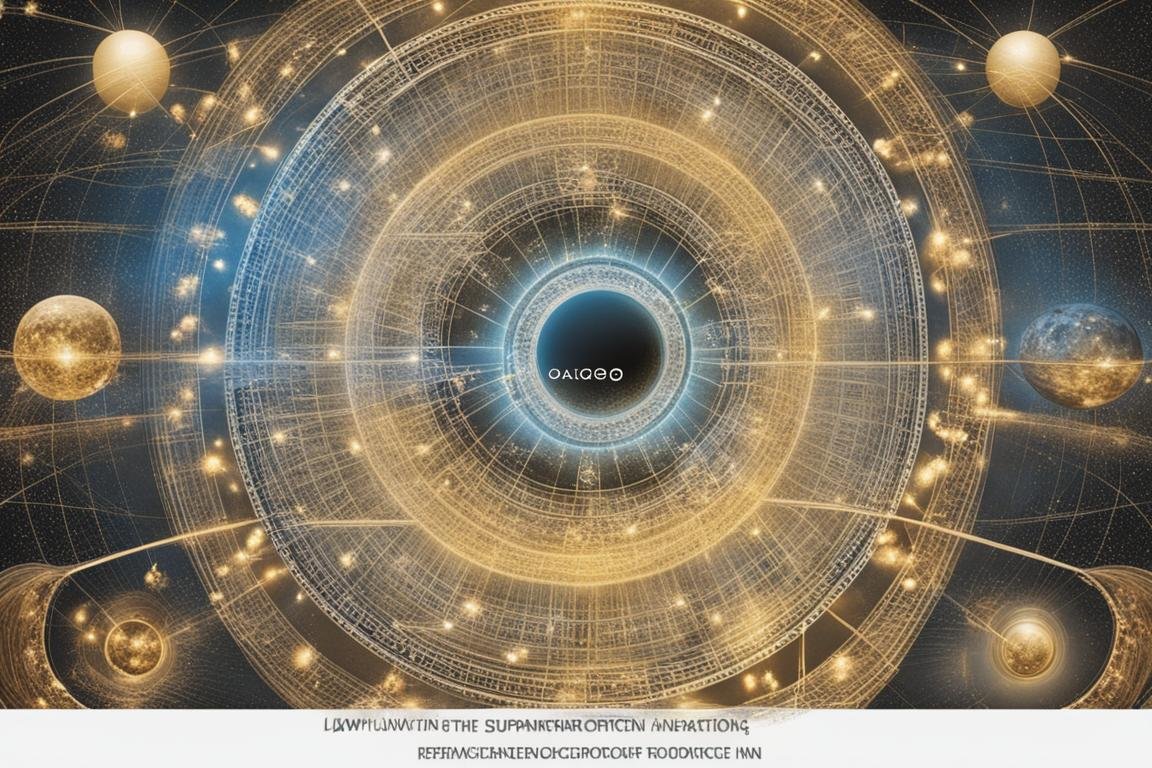
While skeptics may dismiss the law of attraction as pseudoscience, quantum mechanics offers a framework within which these experiences can be understood as more than mere coincidence.
Quantum Physics and the Power of Intention
The power of intention is another area where quantum physics sheds light on potential mechanisms behind seemingly mystical experiences. If our consciousness can interact with the quantum field, as suggested by the observer effect, then setting a clear intention could theoretically influence the unfolding of events.
This concept transcends mere wishful thinking, proposing a tangible, scientific basis for how our intentions might shape our reality.
Quantum Physics and the Power of Positive Thinking
Positive thinking, often advocated for its psychological benefits, may also play a role in influencing our physical world through quantum mechanisms. The placebo effect, a well-documented phenomenon where belief in treatment’s efficacy can lead to real, measurable improvements, hints at the power of mind over matter.

Quantum physics provides a fascinating lens through which to view the placebo effect, suggesting that our positive thoughts could, at the quantum level, lead to positive changes in our health and environment.
Quantum Physics and the Power of Prayer
Prayer, a practice central to many religious traditions, might also intersect with quantum physics in unexpected ways. Studies on distant healing, where prayer or intention from a distance appears to facilitate healing, echo the quantum principle of non-locality, where particles remain interconnected regardless of distance.

These parallels don’t necessarily validate any religious doctrine but invite us to explore prayer’s potential impact through the quantum framework.
Quantum Physics and the Power of Meditation
Meditation, with its profound effects on the mind and body, might also interface with quantum physics. The meditative state, characterized by deep relaxation and heightened awareness, could facilitate a more harmonious interaction with the quantum field, potentially influencing reality in subtle, yet significant ways.

This perspective offers a scientific viewpoint on how meditation might not only transform us internally but could also have external ramifications.
Quantum Physics and the Power of Visualization
Visualization, the practice of creating detailed mental images of desired outcomes, finds scientific underpinning in quantum mechanics. Similar to the observer effect, visualization could act as a form of observation, collapsing the wave function and bringing the visualized outcome closer to reality.
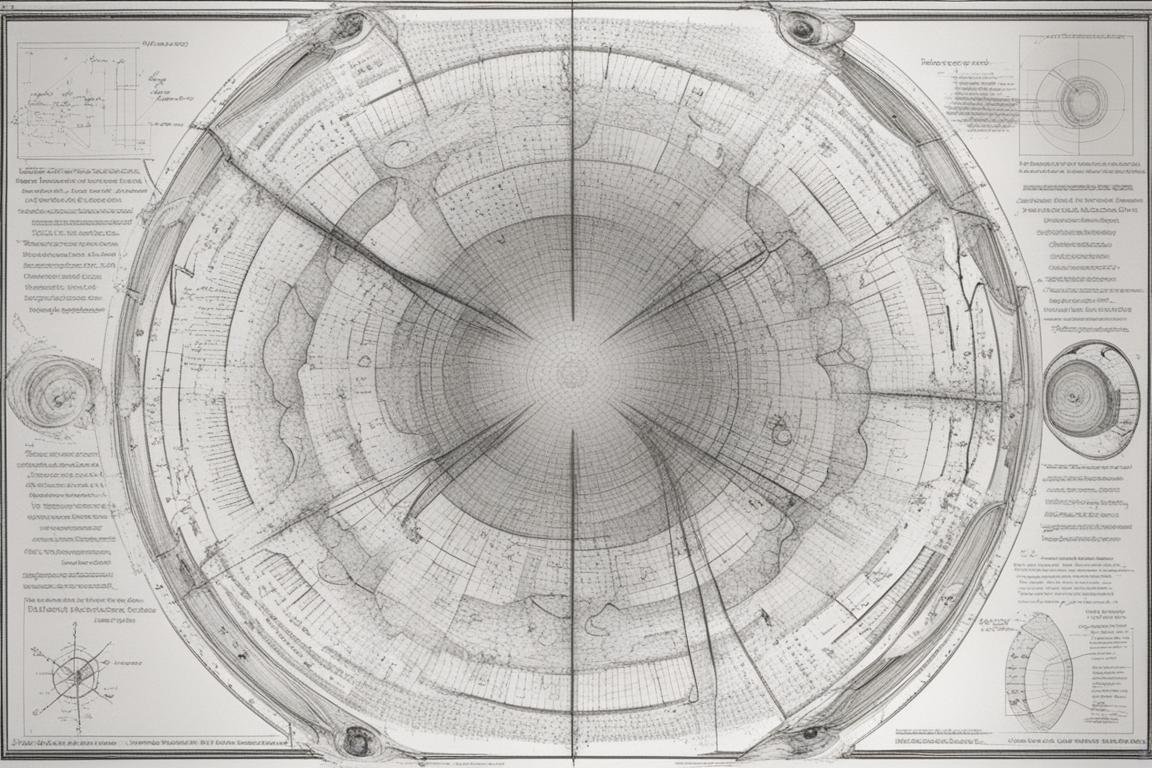
This quantum interpretation offers a fascinating insight into how visualization practices might work, providing a bridge between the mind’s eye and the material world.
Quantum Physics and the Power of Affirmations
Affirmations, positive statements repeated to oneself, might influence the quantum field through the vibrational energy of words. Considering that quantum particles respond to observation and intention, affirmations could serve as a verbal form of observation, potentially influencing our quantum reality.

This quantum perspective lends a scientific angle to the power of affirmations, suggesting that our words might indeed help shape our world.
Quantum Physics and the Power of Gratitude
Gratitude, a state of thankfulness, could also interact with the quantum field. By focusing on positive emotions and gratitude, we might be able to influence the quantum field in a way that attracts more positive experiences into our lives.

Quantum mechanics offers a theoretical foundation for the transformative power of gratitude, suggesting that this positive emotion might have tangible effects on our reality.
Quantum Physics and the Power of Forgiveness
Forgiveness, the act of letting go of resentment, might have quantum implications as well. By releasing negative emotions, we may be able to clear energetic blockages in the quantum field, facilitating healing and positive change.

This quantum perspective on forgiveness challenges us to view it not just as an emotional release but as a potential catalyst for physical and spiritual renewal.
Quantum Physics and the Power of Love
Love, arguably the most powerful emotion, is another area where quantum physics offers intriguing insights. If emotions can influence the quantum field, as suggested by various experiments and theories, then love, with its profound vibrational frequency, might have the most significant impact of all.

Quantum physics invites us to consider the possibility that love, in its purest form, could be a fundamental force for positive change in our lives and the world.
Quantum Physics and the Power of Kindness
Kindness, a simple yet impactful act, might also play a role in the quantum narrative. Acts of kindness, by fostering positive emotions and connections, could influence the quantum field in a way that propagates further positivity, creating a ripple effect of goodness.

This quantum view of kindness emphasizes its potential to not only transform individual lives but to resonate through the fabric of reality itself.
Quantum Physics and the Power of Compassion
Compassion, the empathy and desire to alleviate the suffering of others, might have quantum dimensions as well. By connecting deeply with others and the world around us, we might be able to influence the quantum field in ways that facilitate healing and positive change.
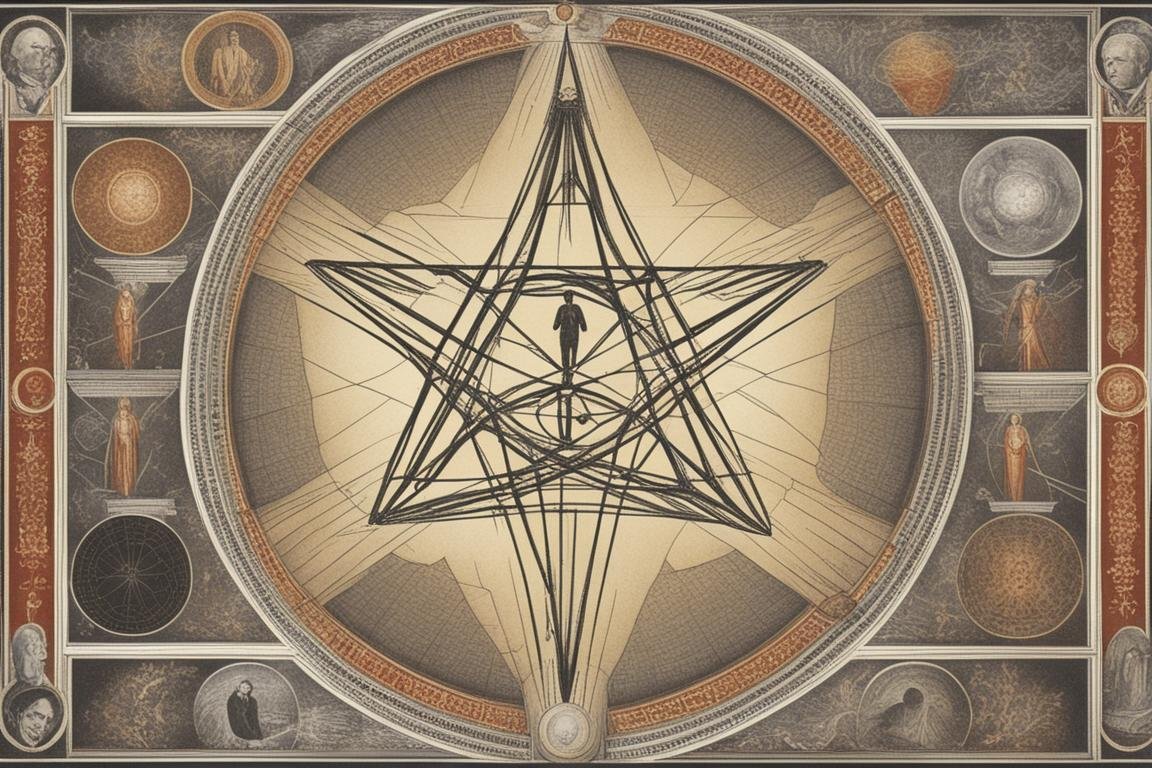
Quantum physics challenges us to view compassion not just as a moral virtue but as a powerful tool for altering our reality.
Quantum Physics and the Power of Joy
Joy, a profound state of happiness and well-being, might resonate at a frequency that influences the quantum field. Experiencing joy could, theoretically, align us more harmoniously with the quantum field, attracting experiences that perpetuate further joy.

This quantum perspective on joy offers a scientific rationale for pursuing happiness not just for its own sake but as a catalyst for positive change.
Quantum Physics and the Power of Happiness
Happiness, a goal sought by many, might have implications beyond our personal well-being. By cultivating happiness, we might be able to influence the quantum field, creating a reality that reflects our inner state of joy and fulfillment.
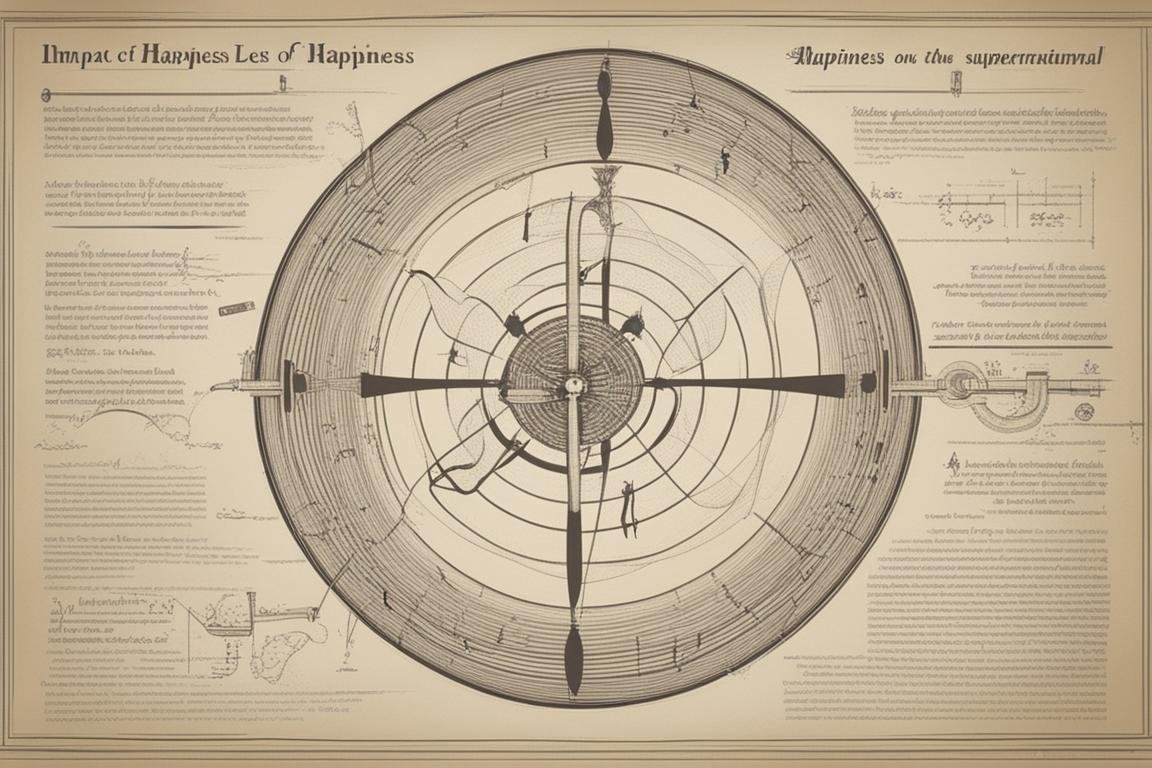
Quantum physics provides a fascinating framework for understanding how happiness might not only improve our lives but could also shape the world around us.
Quantum Physics and the Power of Peace
Peace, both as an internal state and a global aspiration, holds potential quantum significance. A peaceful mindset, free from conflict and discord, might interact with the quantum field in a way that fosters harmony and understanding.

This quantum interpretation suggests that peace, far from being an elusive ideal, could be a practical strategy for creating a better world.
In conclusion, quantum physics offers a groundbreaking perspective on the intersection of science and the supernatural, suggesting that our thoughts, emotions, and intentions might have a profound impact on the world at the quantum level. This exploration invites us to consider the tangible ways in which we can harness the power of our minds and hearts to influence reality, bridging the gap between the seen and the unseen, the scientific and the spiritual.
While some may argue that these concepts stretch the boundaries of traditional science, they open the door to a more holistic understanding of the universe and our place within it. Quantum physics doesn’t just challenge our notions of reality; it invites us to become active participants in shaping it.
In this journey through the quantum landscape, we’re reminded of the power of belief, the significance of our intentions, and the transformative potential of positive emotions. By embracing these insights, we can embark on a path that leads to greater self-awareness, deeper connection with others, and a more profound appreciation for the mystery and magic that permeate our world.
Quantum physics, with its enigmatic principles and boundless possibilities, beckons us to explore the thin white lies between the known and the unknown, urging us to consider that, perhaps, the supernatural isn’t so supernatural after all.

